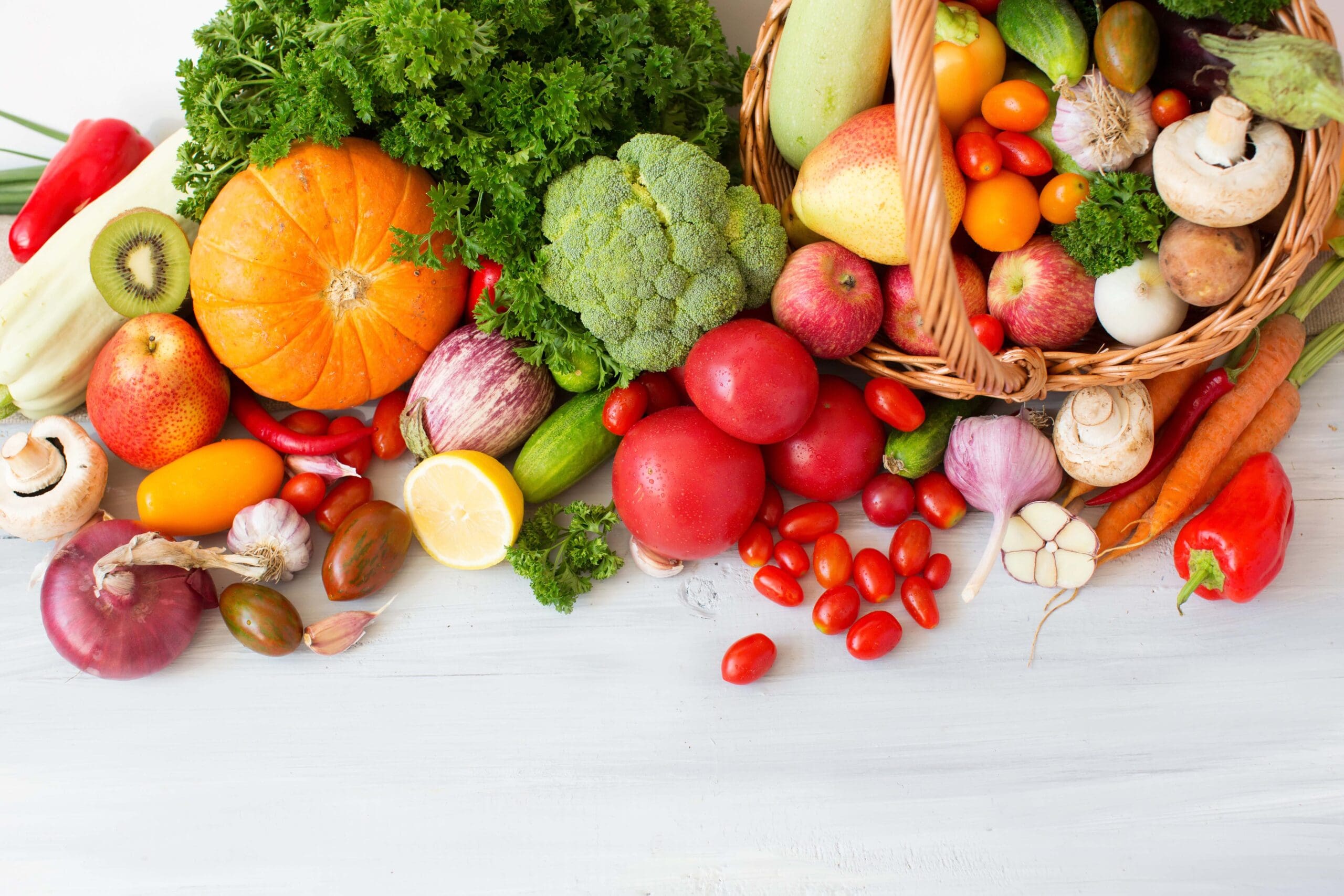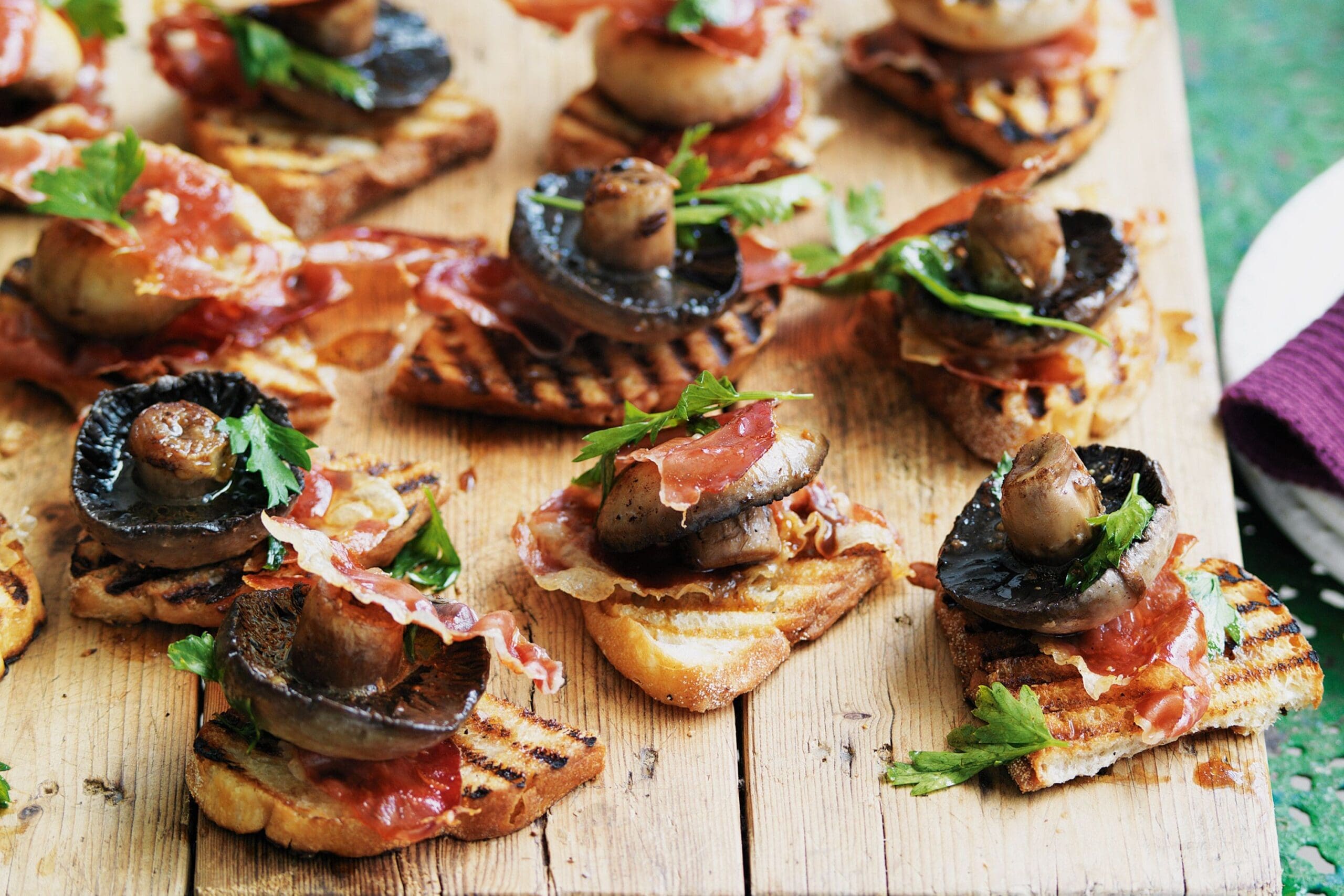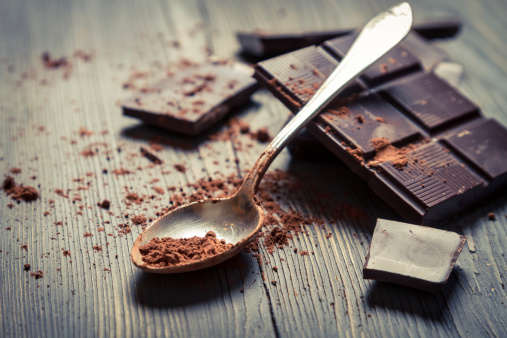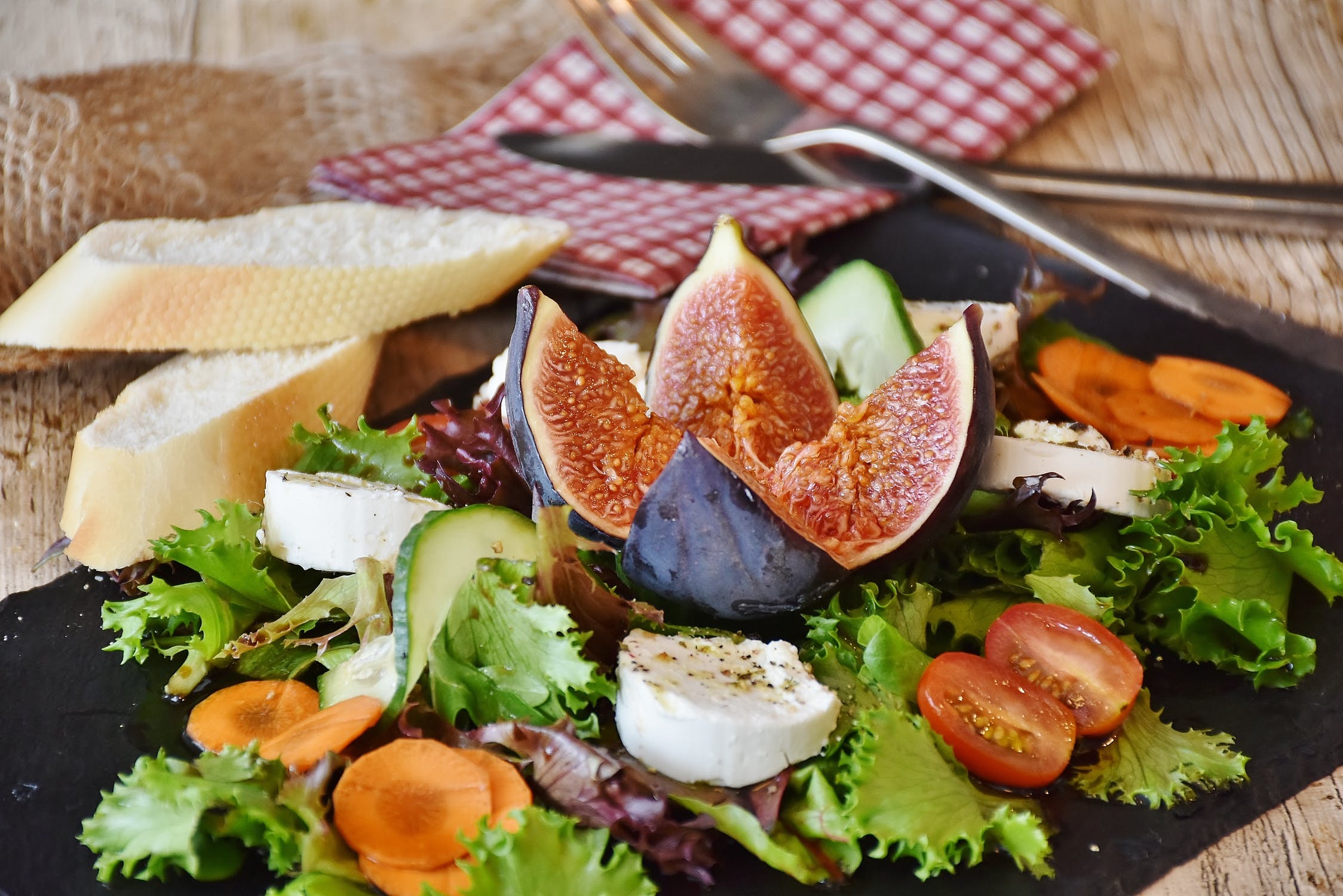Protein. Is eating too much protein good or bad for us?
We explore the importance of balanced intake.
In today’s health-conscious society, protein has become a buzzword synonymous with fitness and wellness. From protein-packed snacks to high-protein diets, the emphasis on this macronutrient is undeniable. But is protein just a buzzword, or is there more to the story?
Dani Marenburg, a double-certified nutrition coach who has helped over 1,000 women achieve their goals. Delves into the implications of excessive protein intake and the necessity of a balanced diet.

The Protein Phenomenon
Protein is essential for muscle repair, immune function, and hormone production. The Recommended Dietary Allowance (RDA) advises 0.8 grams of protein per kilogram of body weight for sedentary adults. According to nutrition expert Dani, who spoke on her latest podcast, “Protein plays a vital role in numerous body functions, from muscle repair and immune support to hormone production and enzyme activity.”
In recent years, fitness culture and social media have amplified the spotlight on protein, encouraging higher intakes through powders, shakes, and high-protein snacks. While these trends have popularized protein consumption, they often overlook individual dietary needs. This raises a broader concern: is society placing too much emphasis on protein without understanding the full picture?
Potential Risks of Excessive Protein
Although protein is crucial, excessive intake may contribute to health concerns. Diets high in red and processed meats have been linked to increased risks of heart disease and certain cancers.
Overconsumption can also place unnecessary stress on the kidneys, especially in individuals with pre-existing health conditions. Research has begun to explore potential negative impacts on gut health, particularly when high-protein diets are low in fiber.
Furthermore, a diet overly focused on protein may crowd out other important nutrients. Lower intake of fiber-rich carbohydrates and healthy fats can result in digestive issues, reduced energy levels, and long-term nutrient imbalances.

The Importance of Balanced Intake
Maintaining a balanced diet with the right proportions of protein, carbohydrates, and fats remains key to optimal health. Plant-based proteins such as lentils, chickpeas, quinoa, tofu, nuts, and seeds offer additional benefits like fiber, antioxidants, and anti-inflammatory compounds. These foods not only support health but also offer a more sustainable option for the environment.
Protein needs vary from person to person depending on factors such as age, activity level, and health status. For this reason, dietitians recommend personalized assessments to determine the right intake. Seeking guidance from a qualified nutrition professional can help individuals meet their goals without the risks of overconsumption.
Some Smart Recommendations
While protein is a critical component of a healthy diet, it’s important to recognize that more isn’t always better. Understanding personal nutritional needs and focusing on balanced, varied food choices can prevent the potential downsides of overconsumption.
Instead of obsessing over protein alone, it’s more beneficial to focus on meals that include a smart mix of all three macronutrients—protein, carbohydrates, and healthy fats—to promote energy, satiety, and nutrient absorption.
We can always pair our protein with quality carbs and fats to create meals that are both satisfying and nourishing. Here are some great ideas for healthy, balanced meals:
- Poke Bowl: Start with a base of rice or quinoa, add your favorite protein like salmon or tofu, and top with a colorful mix of vegetables like cucumber, edamame, and shredded carrot. Add avocado or sesame seeds for healthy fats.
- Wrap: Choose a whole-grain wrap and fill it with grilled chicken, turkey, or legumes. Add a creamy spread like hummus or avocado, and don’t forget crunchy veggies like spinach, capsicum, or red cabbage for added fiber and flavor.
- Mixed Salad: Salads don’t have to be boring. Add protein like tofu, grilled chicken, or boiled eggs, and throw in some quinoa, nuts, or seeds for texture and healthy fats. A simple olive oil dressing can tie it all together.
To know the best portion control for you check out this Bondi Beauty article.
















